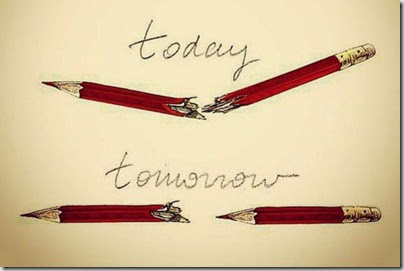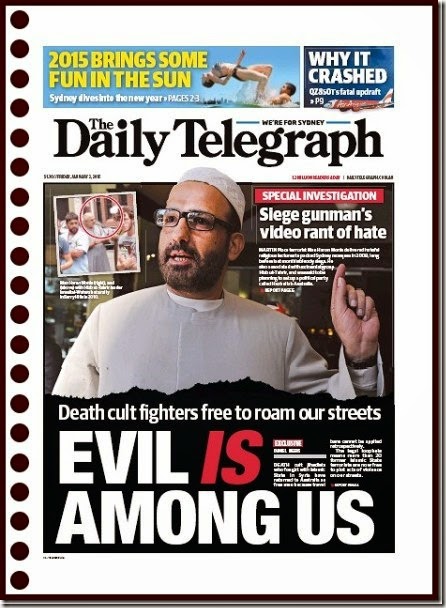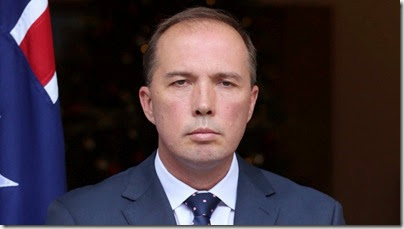Today is Australia Day. As have indicated before, I have mixed feelings about the rise of this particular celebration. Still, today I thought that I might talk about the things that I like and enjoy about Australia. After all, I spend a lot of time on this blog talking about what I think is wrong in this country and how it might be fixed! So lets redress the balance.

To begin with, I love the countryside.
I grew up in the high country, that narrow strip between the coast and plains that runs along Australia's east coast. Most of the visual images of Australia that you will see are coastal or, alternatively, inland or outback. That wasn't my country, although I have absorbed the iconic images of parts elsewhere. I have also absorbed the sounds and especially the smells of the Australian bush. This is the start of my current book project:
Dalwood House stands on a rise. From the side verandah, mown grass runs down to the old vineyard. The Hunter River lies beyond, hidden within its high banks. It was hot and still, the silence broken only by the distant sound of a crow. Even the working properties on the hills on the other side of the river were still, remote in the faint heat haze.
I love just wandering, sitting and absorbing. It gives me enormous pleasure. I also love the country life. the patterns, although I fear that my earlier desire to become a farmer was, with certainty, very unwise. It wouldn't have worked. I'm just not that way.

I love the diversity of Australian life. Australian life has always been diverse, more so than most Australians realise. Australians now are stay at home folk who travel along limited tracks for business or pleasure. They don't see or, more often, comprehend the differences. As we all do, they see their current life as the norm. However, the reality is very different. There are many norms.
This is a
"burqini", a swim suit designed to allow Muslim women to swim in public. Perhaps only in Australia?
I don't quite share the frequently presented stereotype about the expansion in Australian cuisine since the beginning of the mass migration program at the end of the Second World War. I certainly don't share the view that the modern Australian cuisine is now the best in the world and continues to advance. It's not really like that. There is some very bad food around. However, it is true that I have daily access to a remarkable variety of cuisines. I can't say that Australia is best here, but compared to New York or San Francisco or London or Paris or Florence or Athens, the variety is greater.
What Australia doesn't have is a central unifying cuisine in the way you would find in, say, Europe. Modern Australian food is too much a melange, too much related to trends elsewhere, too remote from regional variations in the supply of produce. Regional variation does exist, but is still poorly developed. We can give the visitor access to whatever cuisine they like, just not our own. I will cook my own variant at home, itself a melange, but you have to visit me to find it. You won't find it in a restaurant.
Australians are wonderfully polite, more so than we realize. I love that. Get onto a Sydney bus. I am sure that the same holds for other cities, and just watch. Most of those who leave feel the need to thank the driver. Thank you rings down the bus. It's partly our egalitarian nature, more a matter of manners. I have met many rude Australians, but each time I do a feel a sense of shock. That's not the way we do things.
Australians also have a sense of irreverence. Sadly, this has (or so I think) begun to diminish. Traditionally, we haven't taken ourselves too seriously. The reverence that we now attach to Australia Day would have been inconceivable in the past.
Of course we attach pride to national celebrations such as winning, beating England in the cricket for example. Australians like to win, especially against traditional rivals. But the blind desire to win, the thought that we must always be best, is quite new. The sense of national self-deprecation has its bad points, the sometimes acceptance of the second-rate is one, but it really was a distinguishing feature. What other country makes a military defeat a national memorial, one that recognizes the strengths of the other side?
Sometimes with a friend I describe myself as a simple Aussie boy. Aussie boys may have been guilty of many things. Domestic violence or child abuse may be examples. They may be insensitive to other's needs. They are not necessarily simple in an intellectual sense, nor free of the angst that marks other cultures. Certainly, they are as riven by confusion over male roles as men in other Western societies.
But yet, I think that we are different, are perhaps a little simpler.When I say that I am a simple Aussie boy, I am making a statement, I am asserting a difference. I think, and this is difficult to explain, that I am rejecting the complexity that is often imposed on us. Lives are always complex. Our reactions need not be so.










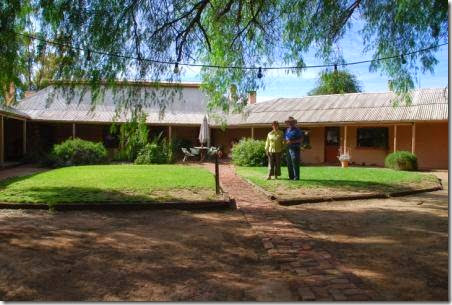

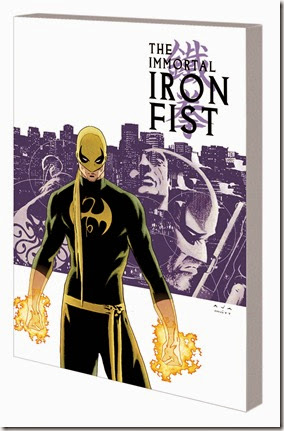
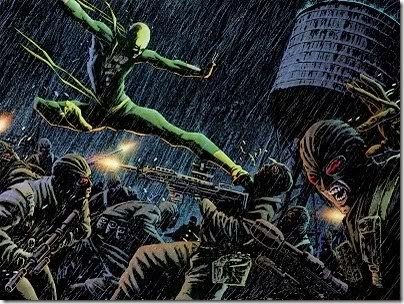

ElizabethBayHouse4.jpg)

